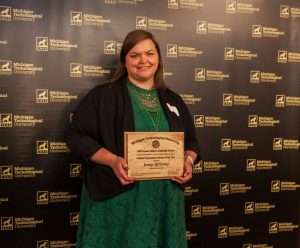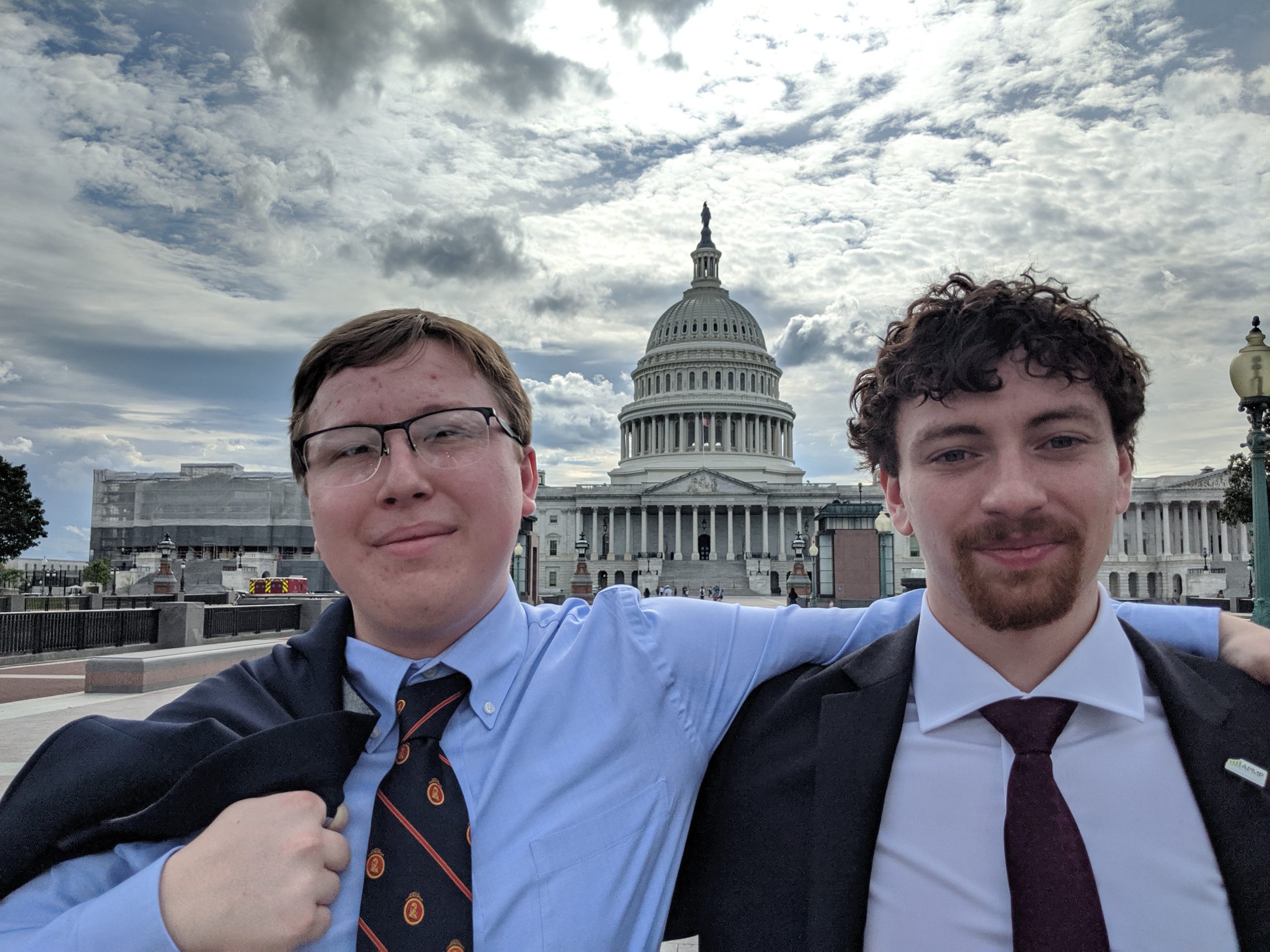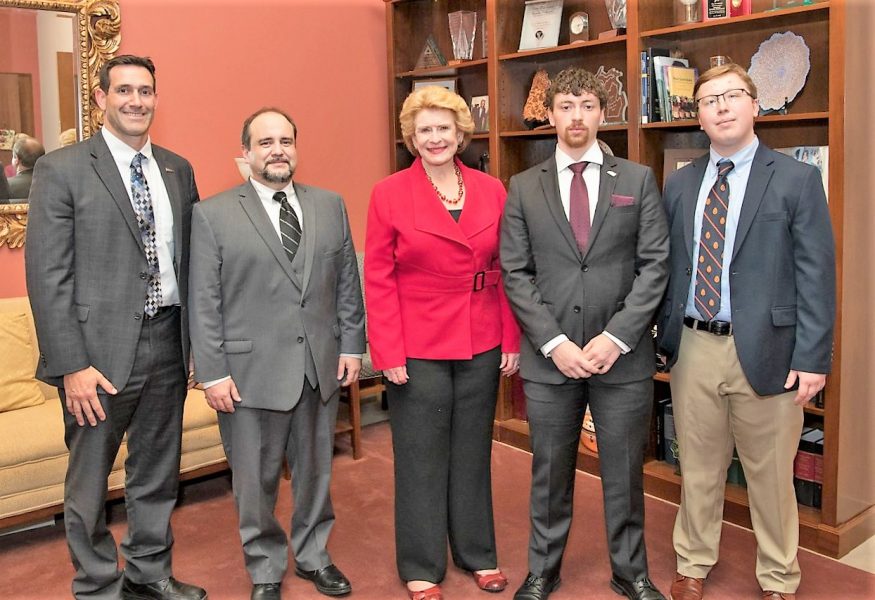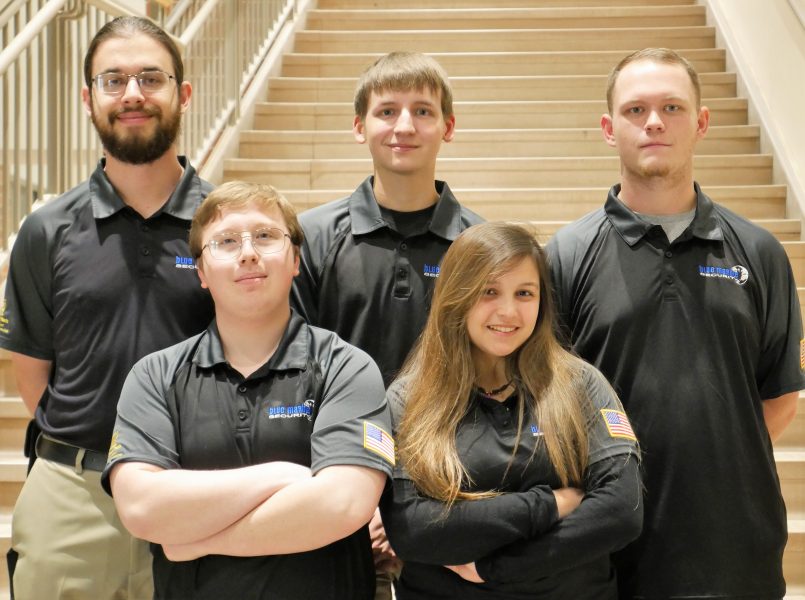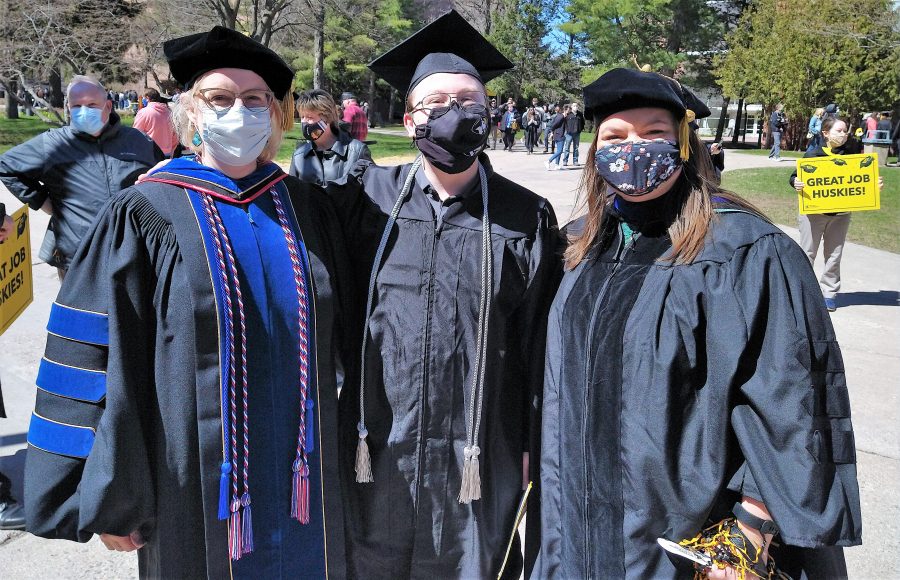
“Life is a book, and if you do not travel, you never go beyond the first chapter.” –Saint Augustine
After 42 years at Michigan Technological University, a chapter is complete for Thomas (Tom) Merz. Tom has been a professor of economics in the College of Business since 1980 and served as associate dean of the College for 10 years. He held visiting faculty positions with universities in Western Australia, Denmark, and Vietnam.

